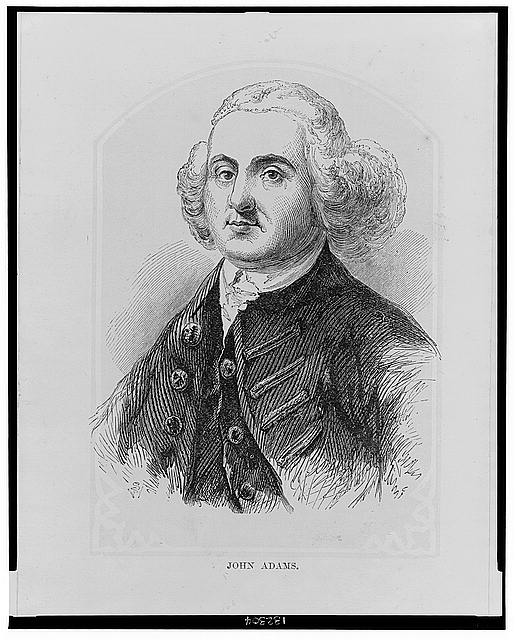
The Alien and Sedition Acts were a series of laws passed by the United States federal government in 1798. The acts increased the number of years that an immigrant had to live in the United States before becoming eligible for citizenship from five years to fourteen years. The act also made it a crime to write, print, or publish “false, scandalous, and malicious” statements about the government or its officials.
John Adams was the primary author and architect of the Alien and Sedition Acts. Adams was a Federalist, and he saw the need for the laws in order to prevent enemies of the United States from using the freedoms guaranteed by the Constitution to destroy the government from within. Unfortunately, Adams’s support for the Alien and Sedition Acts proved to be his undoing politically.
Overview of the Political Climate in America at the Time
In the late 1790s, the United States was in a period of transition. The country had recently won its independence from Great Britain and was in the process of creating a new government. At this time, there were two main political parties in America: the Federalists and the Democratic-Republicans. The Federalists, led by President John Adams, were in favor of a strong central government. The Democratic-Republicans, led by Thomas Jefferson, believed in more state control.
The Political Climate in America at the Time was tense because of these differing ideologies. In addition, many Americans were still loyal to Britain and did not want to see their former colonial ruler become powerful again. This led to a lot of anti-British sentiment in America.
The Alien and Sedition Acts were passed by Congress in 1798 and signed into law by President Adams. These laws placed restrictions on immigrants and made it a crime to speak out against the government. The Democratic-Republicans opposed these laws, claiming they violated the First Amendment rights of freedom of speech and freedom of the press.
The Impact of the Alien and Sedition Acts on John Adams’ Popularity
The acts increased the residency requirement for American citizenship from five years to fourteen years, and allowed the president to deport aliens deemed “dangerous to the peace and safety of the United States.” The Sedition Act made it a crime to publish “false, scandalous, or malicious” statements about the government or its officials.
The passage of the Alien and Sedition Acts was deeply unpopular with many Americans, who saw them as an infringement on their civil liberties. The laws also proved to be highly unpopular with John Adams, who was seen as responsible for their passage. Adams’ popularity took a sharp decline after the passage of the acts, and would have a hard time recovering politically.
Effects on Immigrants and Free Speech
The effects of the Alien and Sedition Acts were twofold. First, they led to a decrease in support for John Adams among immigrants. Second, they led to an increase in support for Thomas Jefferson among those who believed in free speech.
The Alien and Sedition Acts were a direct attack on immigrants. They made it harder for immigrants to become citizens and allowed the government to deport them without due process. This led to a decrease in support for John Adams among immigrants.
The Alien and Sedition Acts also had a chilling effect on free speech. The acts made it a crime to criticize the government or the president. This led to an increase in support for Thomas Jefferson among those who believed in free speech.
How Public Opinion Shifted Against John Adams
When John Adams was elected president in 1796, he won by a slim margin over Thomas Jefferson. Part of Adams’s victory was due to the fact that many Americans were fearful of Jefferson and his beliefs, which were seen as radical at the time. However, over the next four years, Adams’s actions as president led to a shift in public opinion against him.
Adams was seen as too friendly to Britain and not supportive enough of the French Revolution. He also signed into law the Alien and Sedition Acts, which many Americans saw as a violation of their rights. As a result of all these factors, public opinion turned against Adams and he was defeated in his bid for reelection by Jefferson in 1800.
The Alien and Sedition Acts had a major impact on John Adams’ failure to get re-elected. These laws didn’t just limit the civil rights of immigrants, they also caused many Americans to question their loyalty to the president and made it difficult for his political opponents to speak out against him. Ultimately, this led to an increase in public discontent with Adams’ presidency which caused his reelection bid in 1800 to fail. It is clear that these controversial acts were a major factor in Adam’s downfall, and serve as an important reminder about how the decisions we make today can have long-lasting consequences.